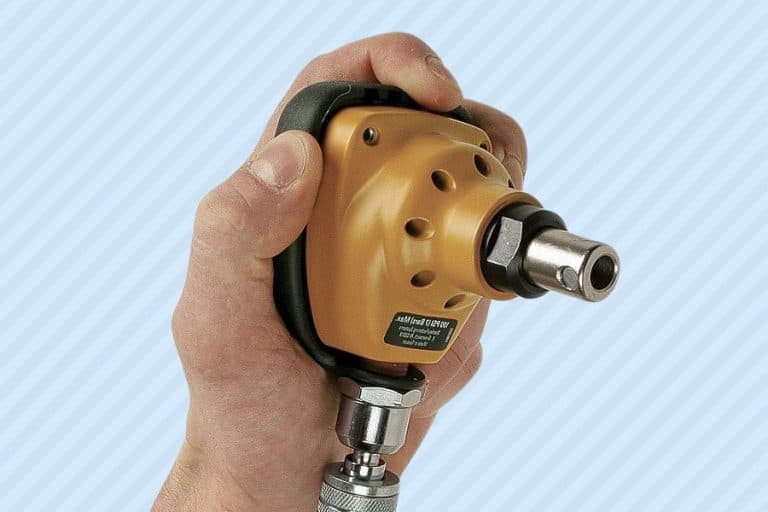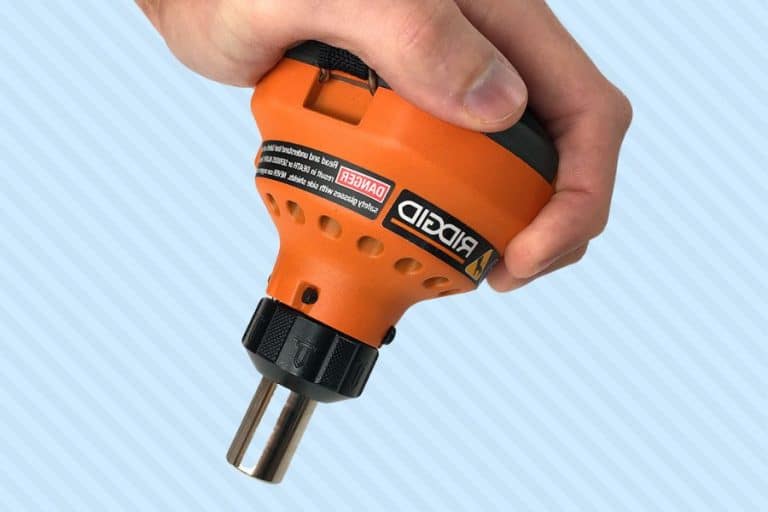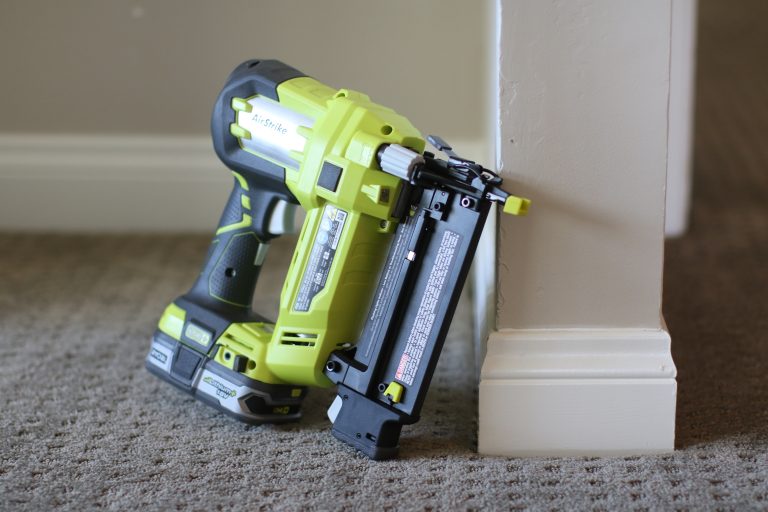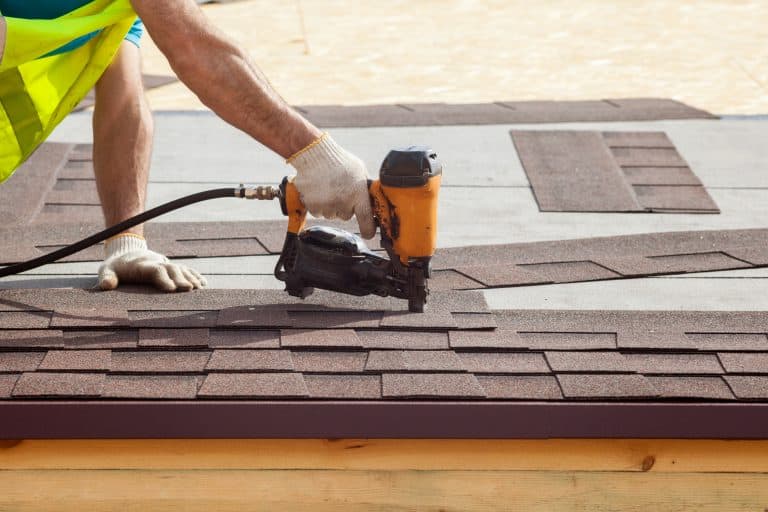Many people have confused framing and finish nailers – and not just due to their similar names! These nailers are power tools widely used in carpentry and construction work to drive nails into wooden materials. It’s important to understand how framing and finish nailers differ to choose the correct tool for your needs!
Contents
Framing Nailer vs Finish Nailer: How These Tools Differ
From their uses to price, this is everything you need to know about the differences between framing nailers and finish nailers!
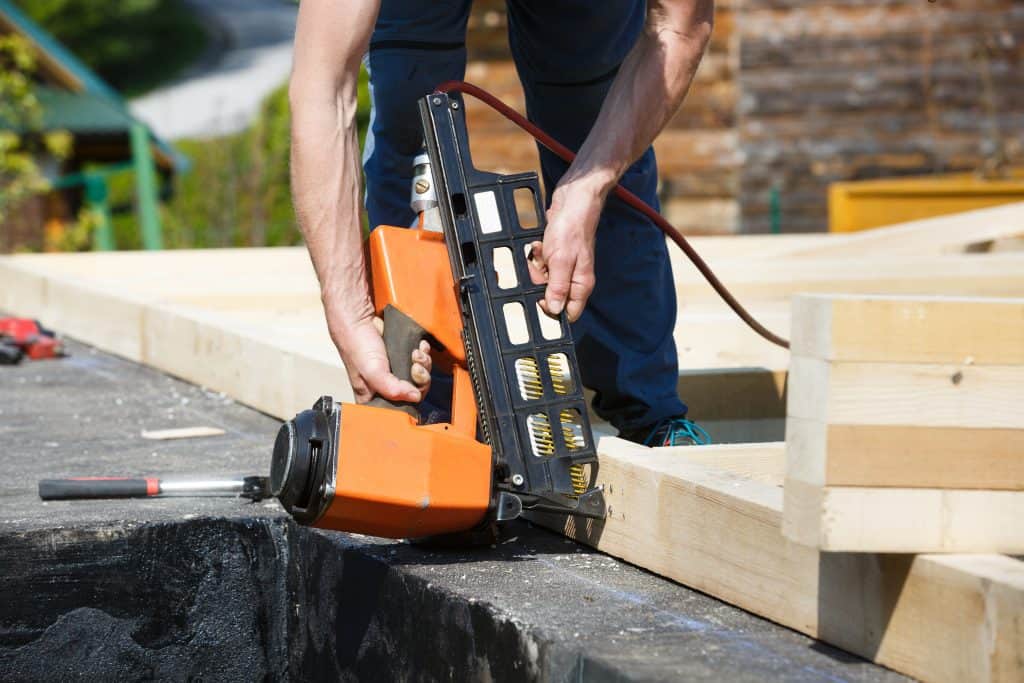
Framing Nailer vs Finish Nailer: Uses
Framing nailers are used when building walls, flooring, decks, fencing, and other residential structures that require long nails to support heavy lumber materials. You must use a framing nailer whenever attaching wooden planks or boards to structures, especially when strong nails are required for support.
Finish nailers are commonly used to attach finishing materials to different surfaces. This powered nailer is often used for installing trim, crown moldings, and baseboards. Use a finishing nailer when attaching decorative materials to a surface since this tool gives you more precision and a professional finish.
Due to these different uses, it’s clear these nailers are used in different stages of the carpentry and construction processes. While framing nailers are generally used midway through these processes to create structures, finishing nailers tend to be used in the final stages of construction or carpentry when surfaces are being prepared for paint or other finishes.
Framing Nailer vs Finish Nailer: Design
Despite their many similarities, framing and finish nailers differ in their overall design and size. As a golden rule, framing nailers are always larger than finish nailers. Since framing nailers can drive larger nails, they are generally larger and heavier than finish nailers.
Finish nailers have a more rugged and industrial appearance, which is due to the larger and more powerful motor and the sturdier build of the tool. A finish nailer has a more refined and polished appearance because it’s intended for projects that require more precise nail placement and a professional finish.
Framing Nailer vs Finish Nailer: Power Source
Both framing and finish nailers are available as pneumatic models that use compressed air and electric models powered by a cord or battery. Pneumatic nailers have a more lightweight design due to the lack of a battery, making them slightly less expensive than electric models.
However, pneumatic models require an additional air compressor and an air hose to power a pneumatic finish or framing nailer. Despite being a bit pricier, electric models are usually powered by durable batteries capable of lasting for hundreds of nails on one charge!
Framing Nailer vs Finish Nailer: Nail Type
Framing nailers use larger nails than finish nailers because the nails are intended to be driven into thick, dense wooden materials like hardwood flooring. These nails can be identified by their large size, the nail’s flat head, and the thick shank. Framing nails are usually made from steel with a rust-resistant coating applied to the nail.
Finish nailers use much smaller nails than framing nailers. These nails are often made from galvanized or stainless steel, with a small head that won’t be too visible or obvious when installing finishing materials. Finish nails come in many different sizes to suit different uses, from installing trim to finishing carpentry projects.
Framing Nailer vs Finish Nailer: Nail Size
Overall, framing nailers use larger nails than finish nailers. Framing nails range from 0.11 to 0.16 inches in diameter, while framing nails range from 0.063 to 0.080 inches in diameter. Framing nails will be between 8 and 12-gauge nails, with a length ranging from 1.25 to 3.50 inches. Finish nailers typically use nails between 15 and 16 gauge, ranging from 1 to 2.50 inches in length.
Framing Nailer vs Finish Nailer: Functionality
Due to the similar core uses – driving nails into wooden materials – and the similar power sources, the functionality of finish and framing nailers is also alike! After all, both are types of nailer tools, which all function in relatively similar ways.
However, the smaller size of finish nailers makes them easier to hold and maneuver when completing delicate finishing work. The larger size of framing nailers means that some more experience is required when operating this powerful nailer.
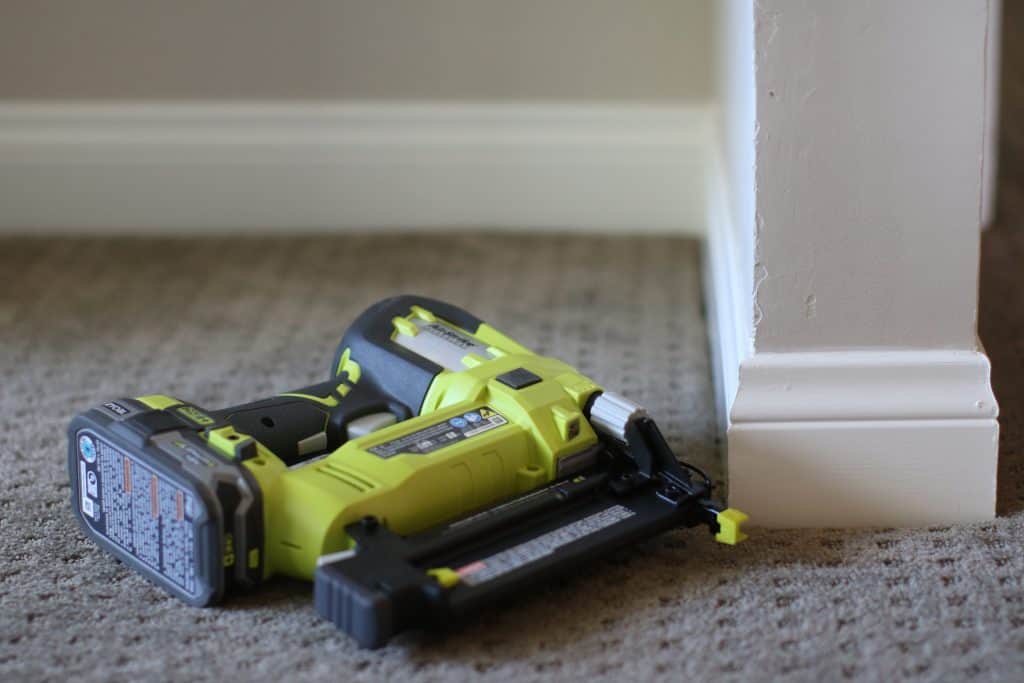
Framing Nailer vs Finish Nailer: Price
Ultimately, the price of a framing nailer or finish nailer will depend on your preferred brand, the tool’s build quality, construction materials, and which features it has. However, the smaller size of finish nailers means they tend to cost less than framing nailers, which require more power than framing nailers and use sturdier build materials.
Frequently Asked Questions
Does a Nailer’s Power Source Affect Its Capabilities?
Any framing nailer, regardless of whether it’s a pneumatic or electric model, will be able to handle the same general tasks. The same applies to finish nailers, which also come in pneumatic and electric variants. While the power source doesn’t affect a nailer’s capabilities, each has its own benefits.
Can a Finish Nailer Be Used for Framing?
A finish nailer is not suitable for framing work. Finish nails will not be strong or long enough to properly join pieces of construction lumber together as needed. Due to this, you should never attempt to use a finish nailer in place of a proper framing nailer designed for use with thick wooden materials.
Can a Framing Nailer Be Used for Finishing?
A framing nailer should never be used for intricate finishing work where precision is required. Even the smallest framing nails available would instantly crack crown roofings, moldings, baseboards, and other delicate finishing materials. Finish nailers and brad nailers are acceptable for finishing projects when you want to avoid splitting materials with larger nails.
Conclusion
Despite their similarities, finish and framing nailers have very different uses and fire different types of nails. Use a framing nailer if you’re working on projects where strength and holding power are crucial, like constructing a house, deck, or fence. Use a finish nailer whenever installing finishing materials that require precision and accuracy.

